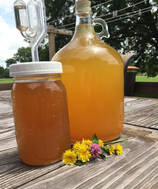
Always an adventure, this fermentation foray has been especially eventful - including explosions, spewing jugs, yeasty lessons, and more. Read on to find out how to make your own dandelion wine - as well as what NOT to do, as I learned the hard way! :-)

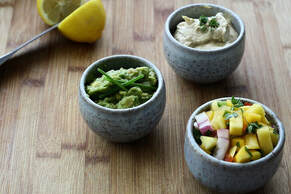

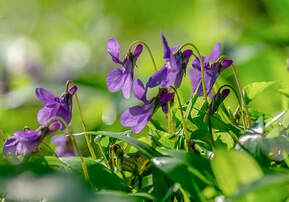
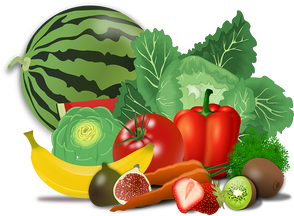

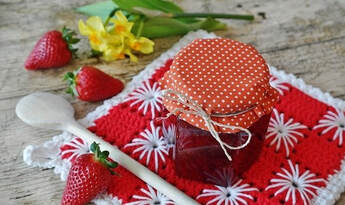


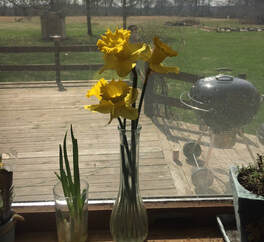


 RSS Feed
RSS Feed